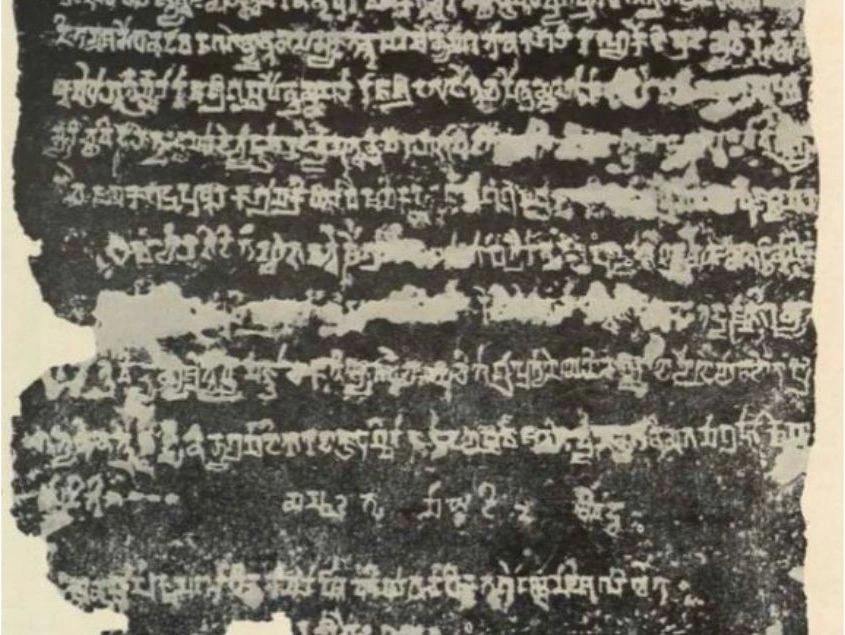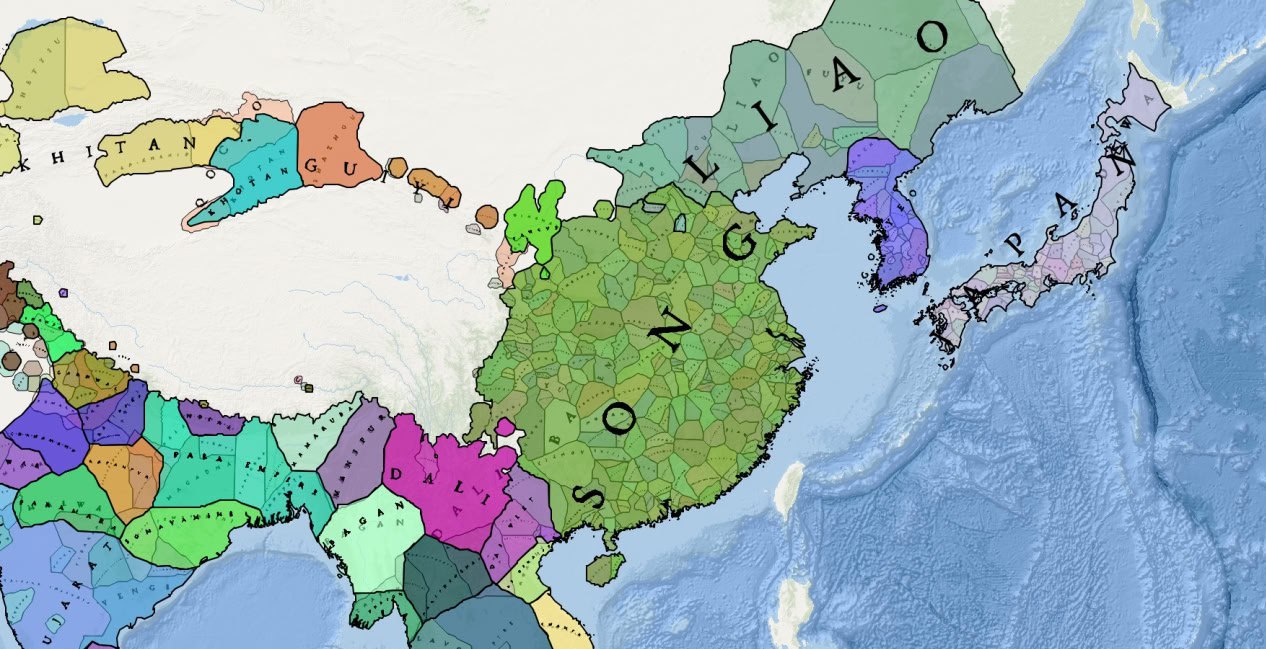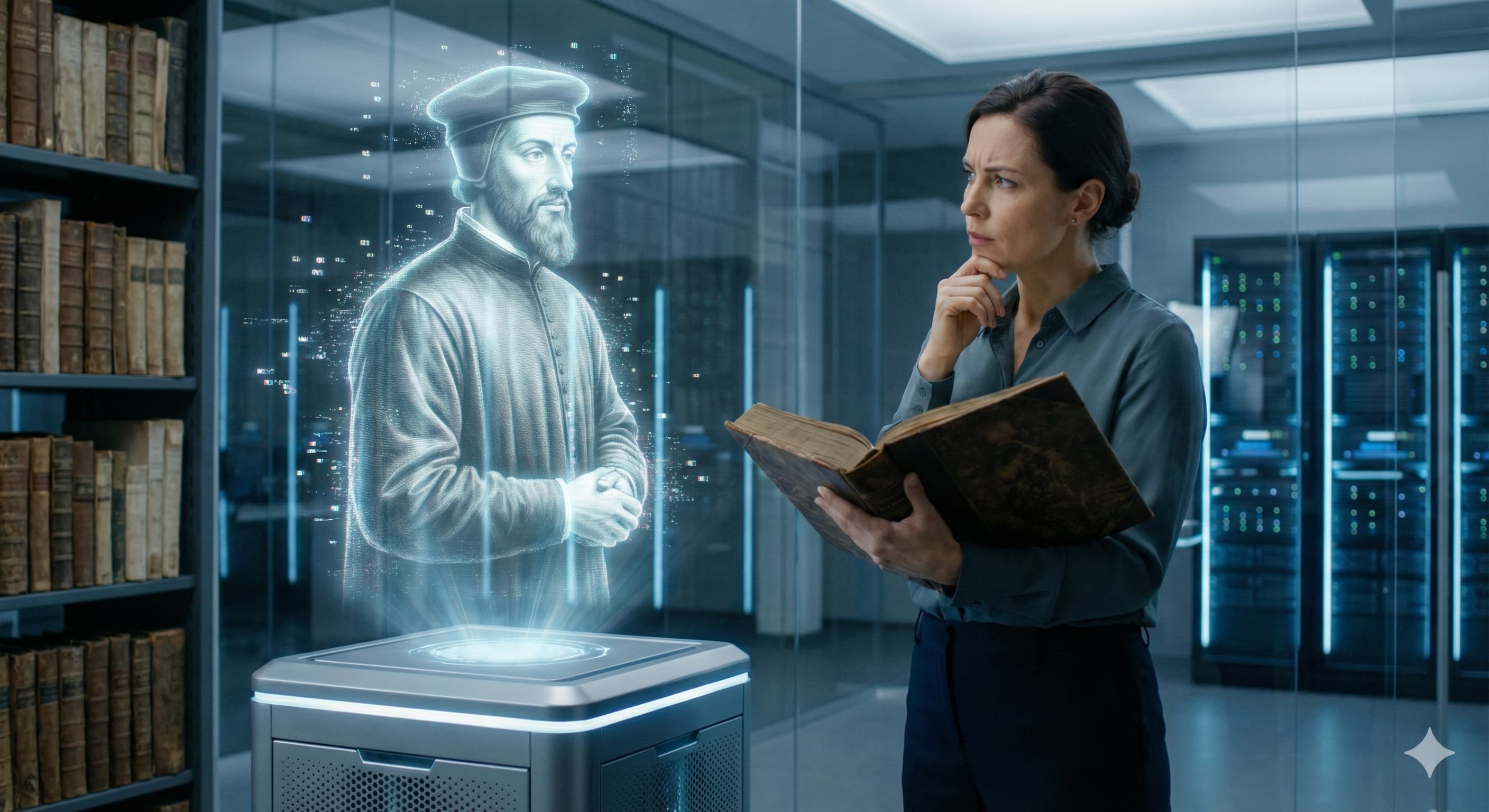Artificial Intelligence in Archaeology: Unveiling the Past with Technology
Artificial intelligence in archaeology is revolutionizing the way we explore and understand ancient civilizations. By harnessing advanced algorithms and machine learning, archaeologists can analyze vast amounts of data more efficiently, leading to discoveries that were once thought impossible.
The Role of AI in Modern Archaeology
Traditionally, archaeological research involved manual excavation and painstaking analysis of artifacts. However, with the advent of artificial intelligence in archaeology, researchers can now process complex datasets, identify patterns, and make predictions with unprecedented speed.
For instance, AI algorithms can analyze satellite images to detect potential archaeological sites hidden beneath dense forests or deserts.
Key Applications of AI in Archaeology
Predictive Modeling
AI helps in predicting the locations of undiscovered sites by analyzing environmental factors and known site distributions. Machine learning models assess variables such as soil composition, proximity to water sources, and historical records to suggest promising excavation sites.
Artifact Analysis
Machine learning algorithms classify artifacts based on shape, material, and craftsmanship. This accelerates the cataloging process and reduces human error, allowing for a more comprehensive understanding of cultural artifacts.
Deciphering Ancient Languages
Artificial intelligence assists in translating ancient scripts that have long puzzled scholars. For example, researchers have used AI to make significant progress in understanding the Indus script, a writing system from the Bronze Age civilization (Rajesh et al., 2020).
3D Reconstruction
AI enables the digital reconstruction of ruins and artifacts, providing a virtual glimpse into the past. This is particularly useful when physical restoration is not feasible due to deterioration or inaccessibility.
Applications of AI in Archaeology

Challenges and Ethical Considerations
While the integration of artificial intelligence in archaeology offers numerous benefits, it also presents challenges. One concern is the potential loss of nuanced understanding that only human expertise can provide. AI algorithms may not fully grasp the cultural and historical context, leading to misinterpretations. Moreover, there are ethical considerations regarding data ownership and the accessibility of AI tools, especially in resource-limited regions.
Case Studies Highlighting AI's Impact
Satellite Image Analysis
A team of archaeologists used AI to analyze satellite imagery, leading to the discovery of over 50 new Nazca Lines in Peru (Garcia & Thompson, 2019). The AI model identified patterns that were indistinguishable to the human eye, showcasing the potential of machine learning in uncovering hidden sites.
Virtual Restoration
In Italy, AI was employed to virtually reconstruct parts of Pompeii, allowing historians to visualize the city before the eruption of Mount Vesuvius. This project provided valuable insights into Roman architecture and urban planning (Lombardi et al., 2021).
Looking Ahead
The future of artificial intelligence in archaeology is promising. As technology advances, AI tools will become more sophisticated, offering even deeper insights into our past. Collaborative efforts between technologists and archaeologists are essential to ensure that these tools are used responsibly and effectively.
For more information on the latest advancements, you might find The Best Ancient History AI Systems insightful, as it explores cutting-edge AI applications in historical research.
Conclusion
Artificial intelligence is transforming archaeology by enhancing research capabilities and uncovering hidden aspects of ancient civilizations. While it is not a replacement for human expertise, AI serves as a powerful tool that, when used in conjunction with traditional methods, can significantly advance our understanding of history.









